Identity of Second Man Illegally Deported to El Salvador Revealed
Daniel Lozano-Camargo, 20, was deported in violation of a legal settlement over his pending asylum application.
The identity of a second man unlawfully deported from the United States to El Salvador under the Trump administration has come to light, shedding new attention on controversial immigration enforcement tactics.
Daniel Lozano-Camargo, a 20-year-old Venezuelan national, was deported in March to Cecot, El Salvador’s high-security terrorism confinement facility. According to a report by Politico, his removal occurred under the White House’s use of the Alien Enemies Act, despite a court-ordered legal settlement prohibiting his deportation while his asylum claim was under review.
U.S. authorities accused Lozano-Camargo, along with approximately 240 others, of being affiliated with Tren de Aragua, a violent Venezuelan gang designated as a terrorist organization. His family has firmly denied any connection to criminal groups, stating he was unfairly targeted.
Lozano-Camargo entered the U.S. in 2022 seeking asylum and initially lived in a facility for unaccompanied minors before turning 18. He was later arrested twice for cocaine possession and sentenced in January to 120 days in jail. After serving his sentence, he was transferred to Immigration and Customs Enforcement (ICE) custody, which initiated his deportation on the grounds of illegal presence.
In April, U.S. District Judge Stephanie Gallagher ruled that his deportation violated a 2024 legal settlement that barred removal while asylum proceedings were pending. Though Gallagher—herself appointed by Trump—ordered the U.S. government to take steps to bring Lozano-Camargo back, officials have so far refused to comply.
Court documents initially referred to Lozano-Camargo under the pseudonym “Cristian,” citing his vulnerability and the threats he faced in Venezuela. However, Politico was able to confirm his identity through metadata in official filings.
A recent Justice Department filing disputes the court’s findings, asserting Lozano-Camargo’s alleged gang membership makes him ineligible for asylum and arguing that returning him to the U.S. would serve no legal or practical purpose. A follow-up ruling from Judge Gallagher was expected in Baltimore this week.
Lozano-Camargo's case mirrors that of Kilmar Ábrego García, another man deported to El Salvador in March despite a court order affirming his protected status. Ábrego García, a Salvadoran native, was also accused of gang membership—allegations he denies—and was mistakenly deported on the same flight as Lozano-Camargo.
Public scrutiny over these deportations has increased, particularly in light of concerns that Venezuelan asylum seekers have been profiled based on tattoos. Lozano-Camargo reportedly has several tattoos, including one honoring his deceased father. Critics argue that Tren de Aragua does not use tattoos to mark its members, and that such profiling is unreliable and discriminatory.
Prior to his detention, Lozano-Camargo lived in Houston, held a valid work permit, and earned a living washing cars. His mother, Daniela, has spoken out on social media, pleading for his return and insisting on his innocence.


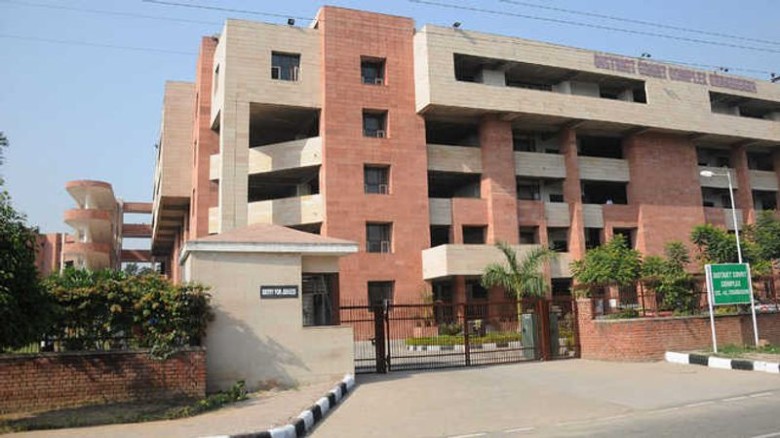
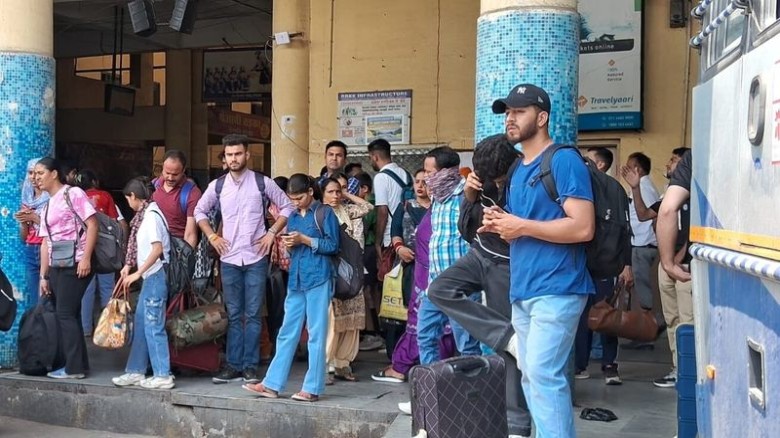


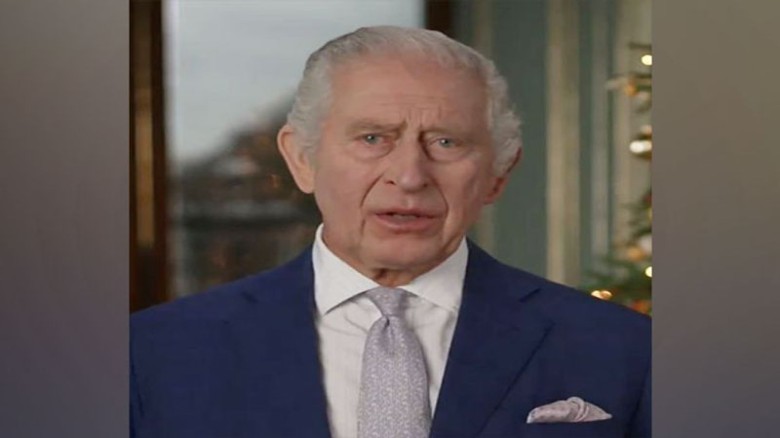


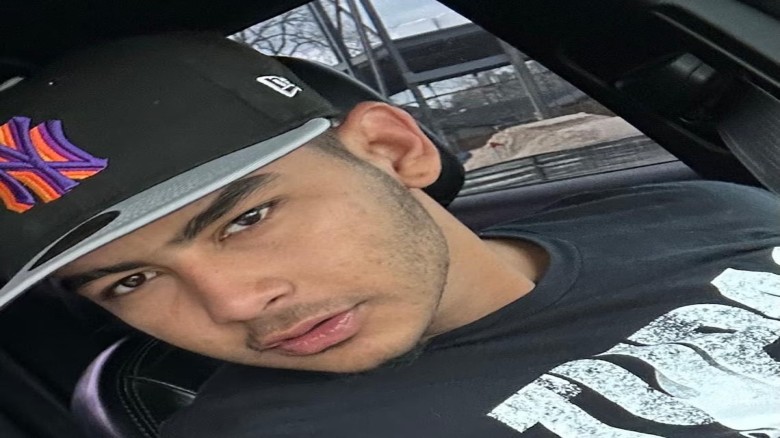

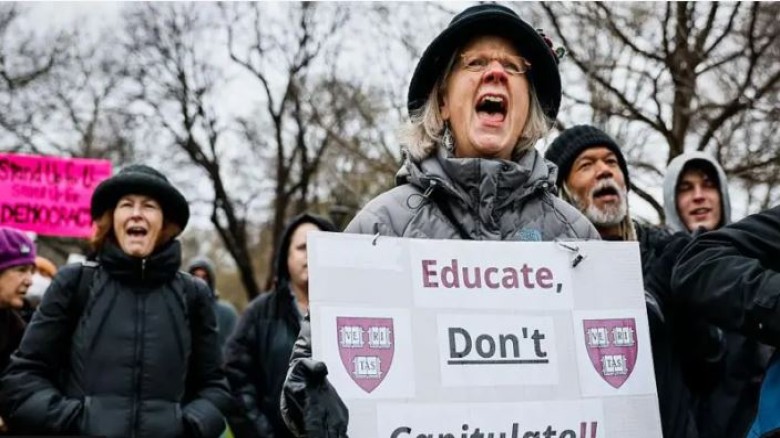












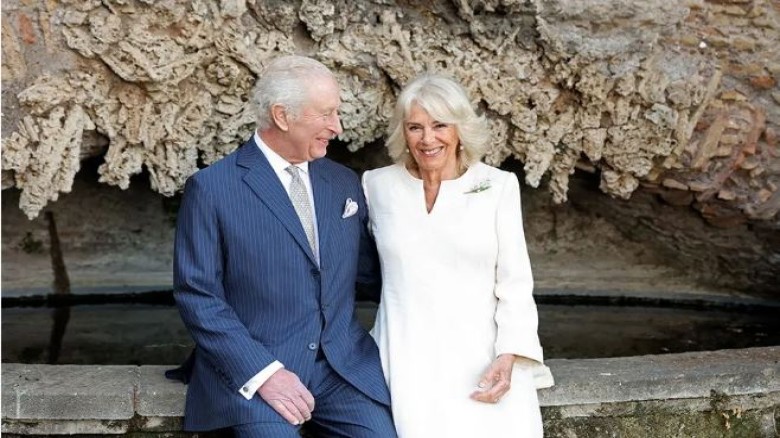
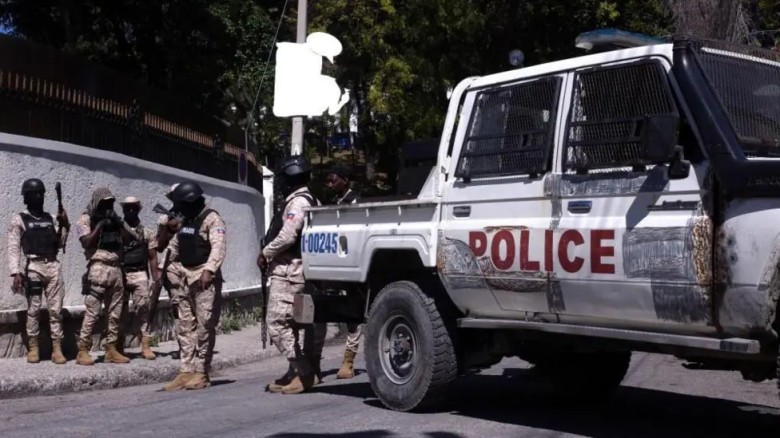

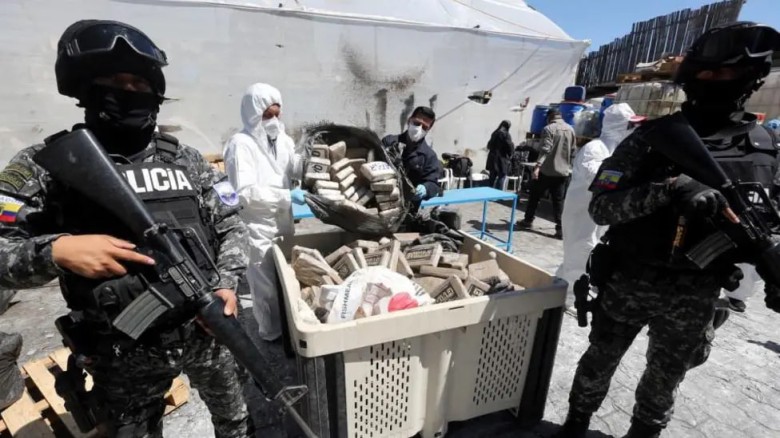
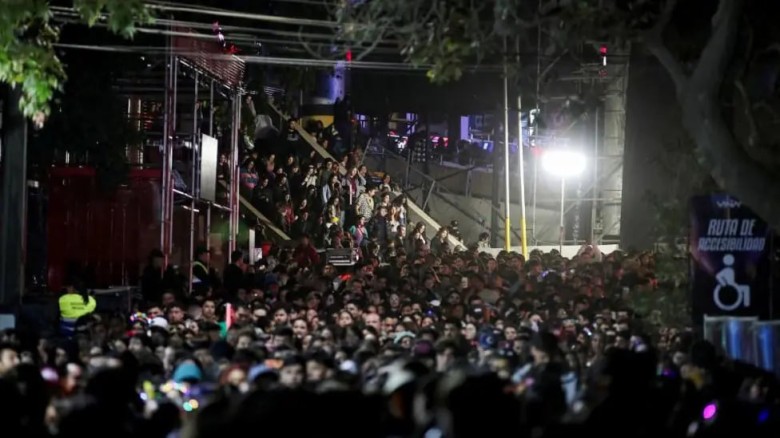











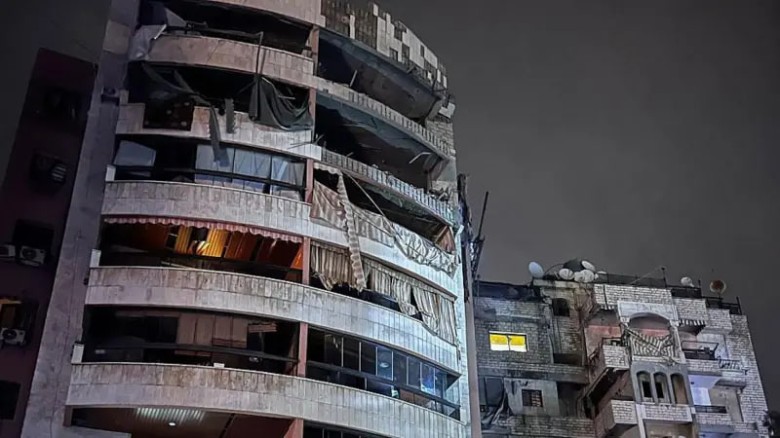











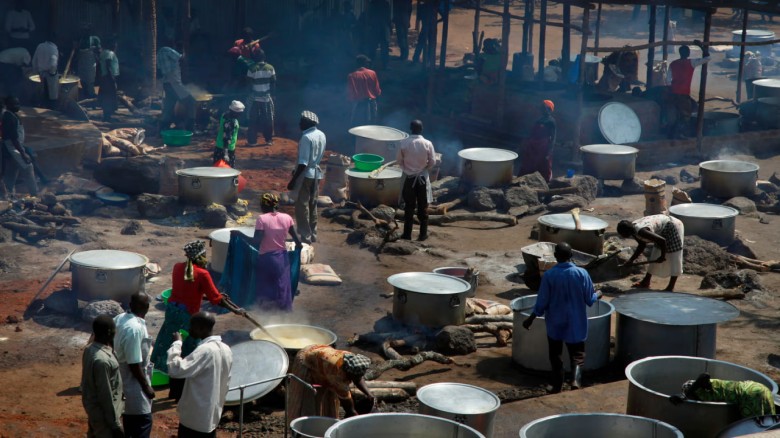



















Leave A Comment